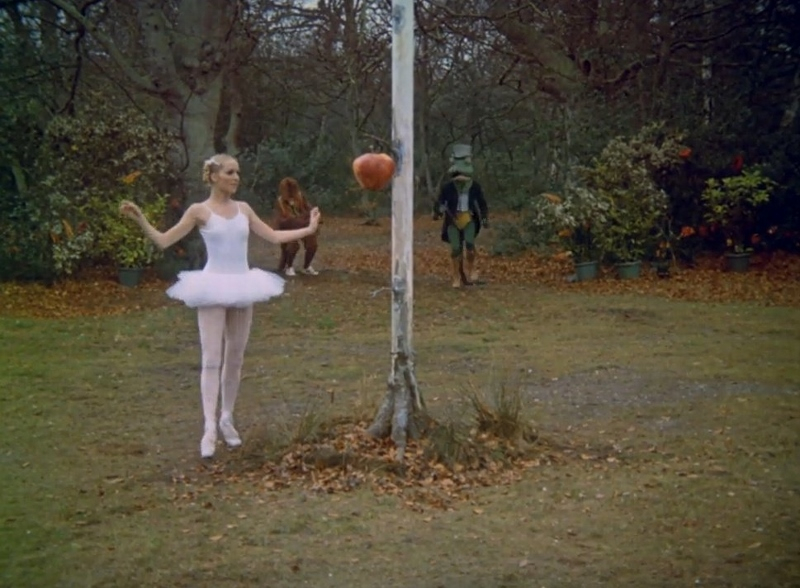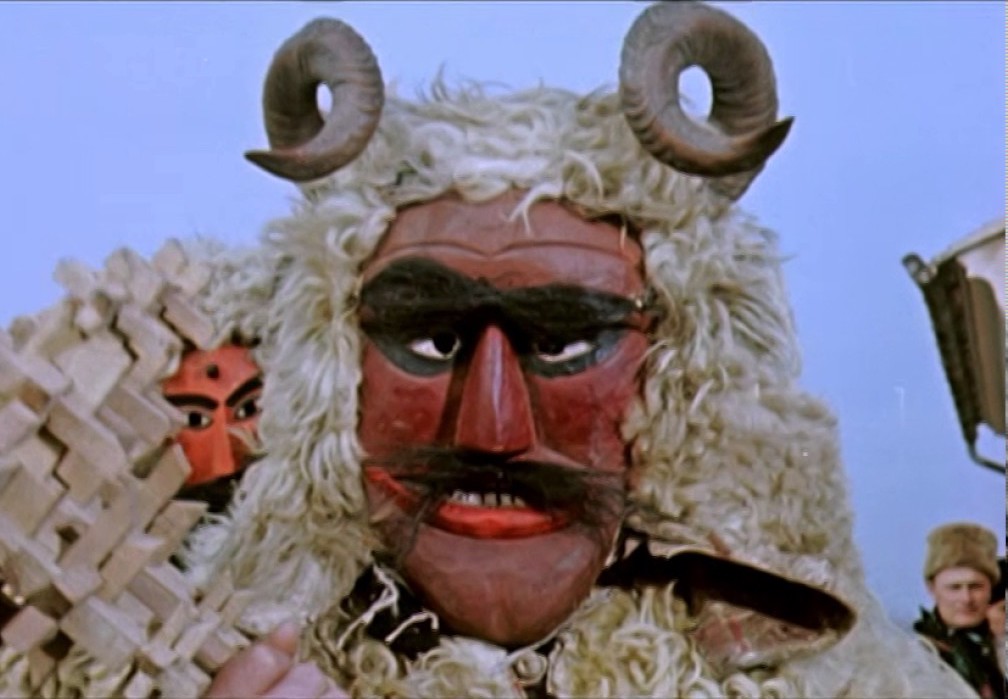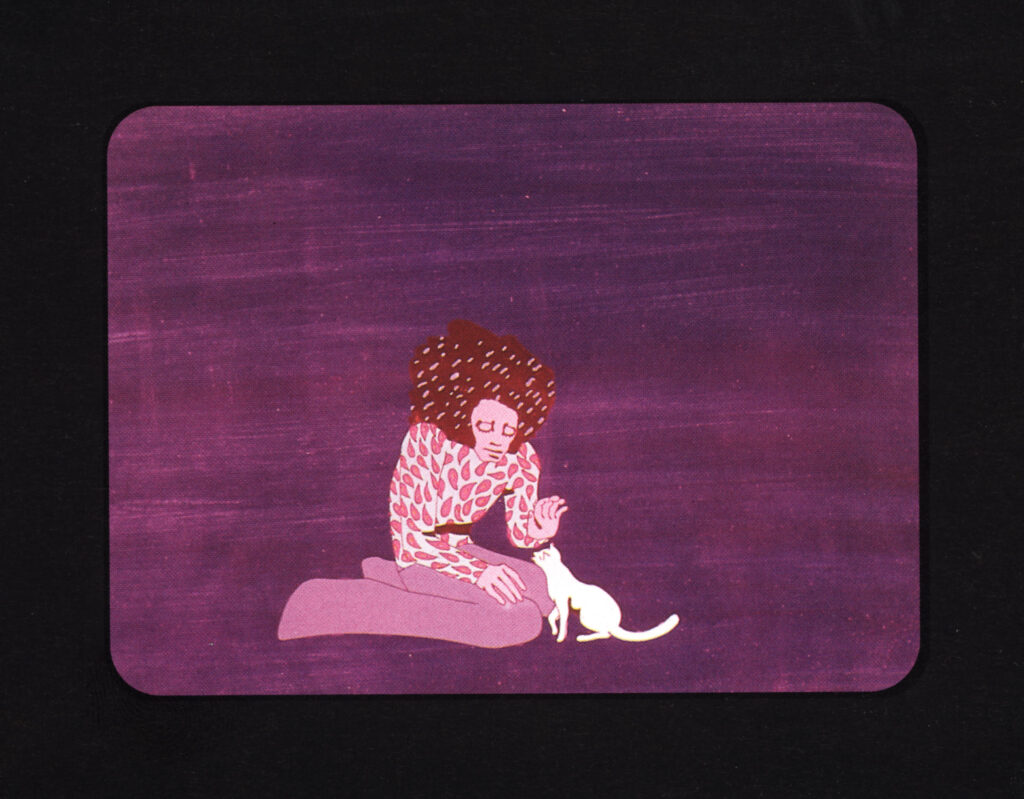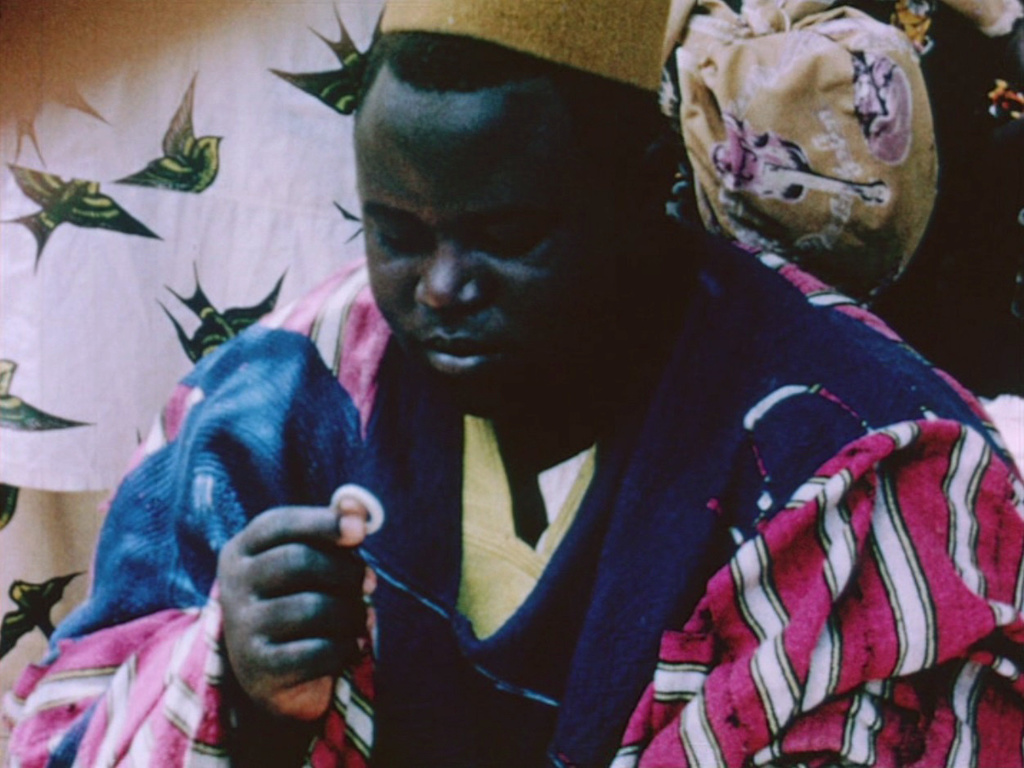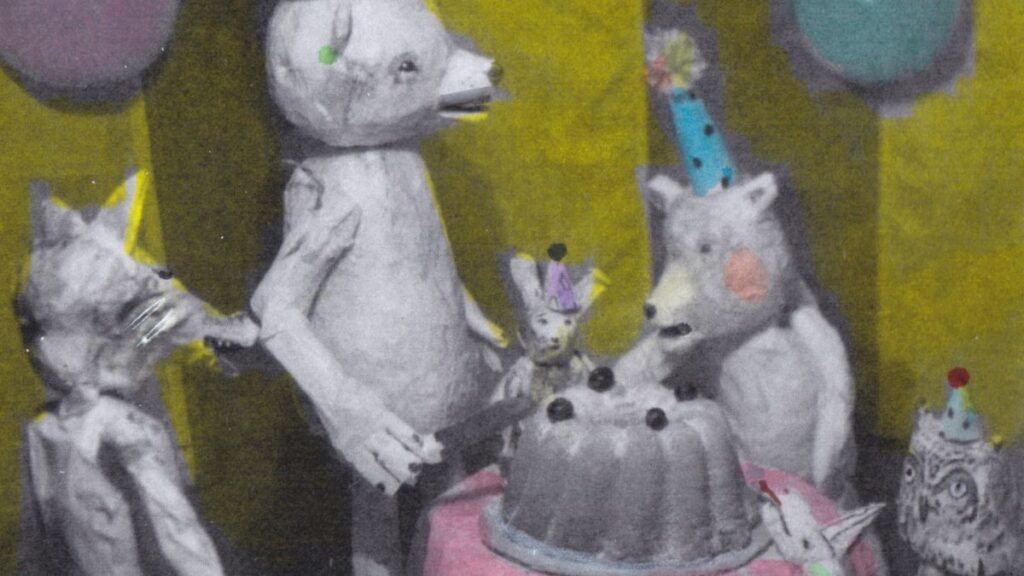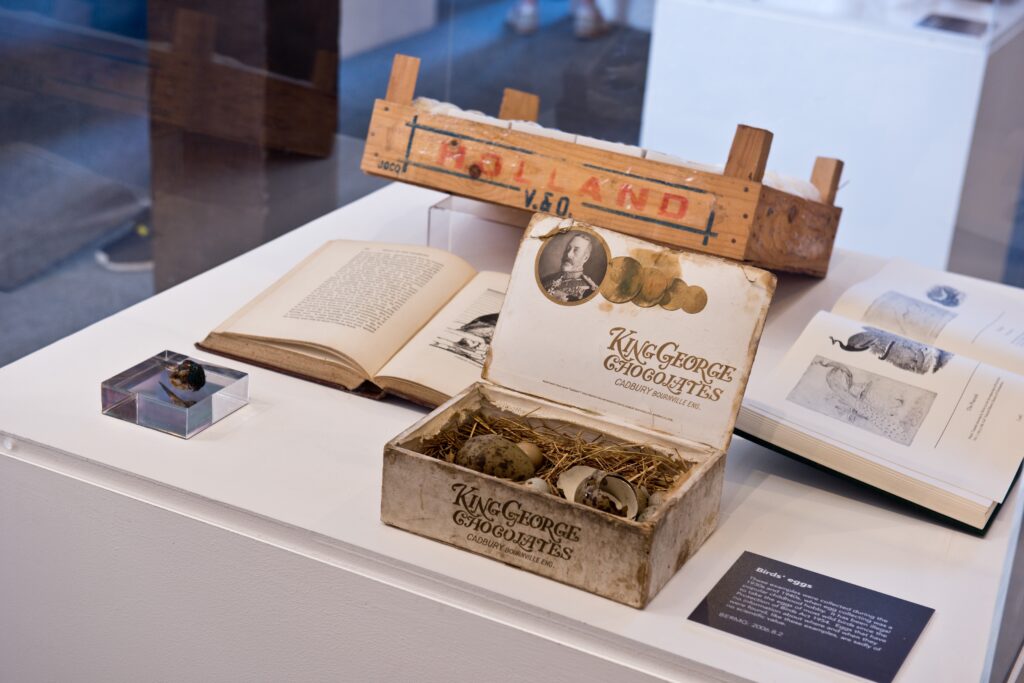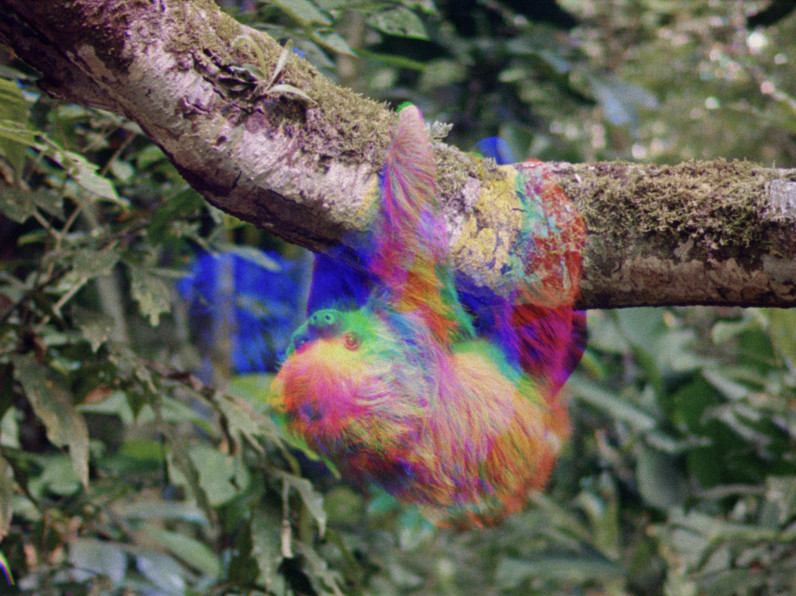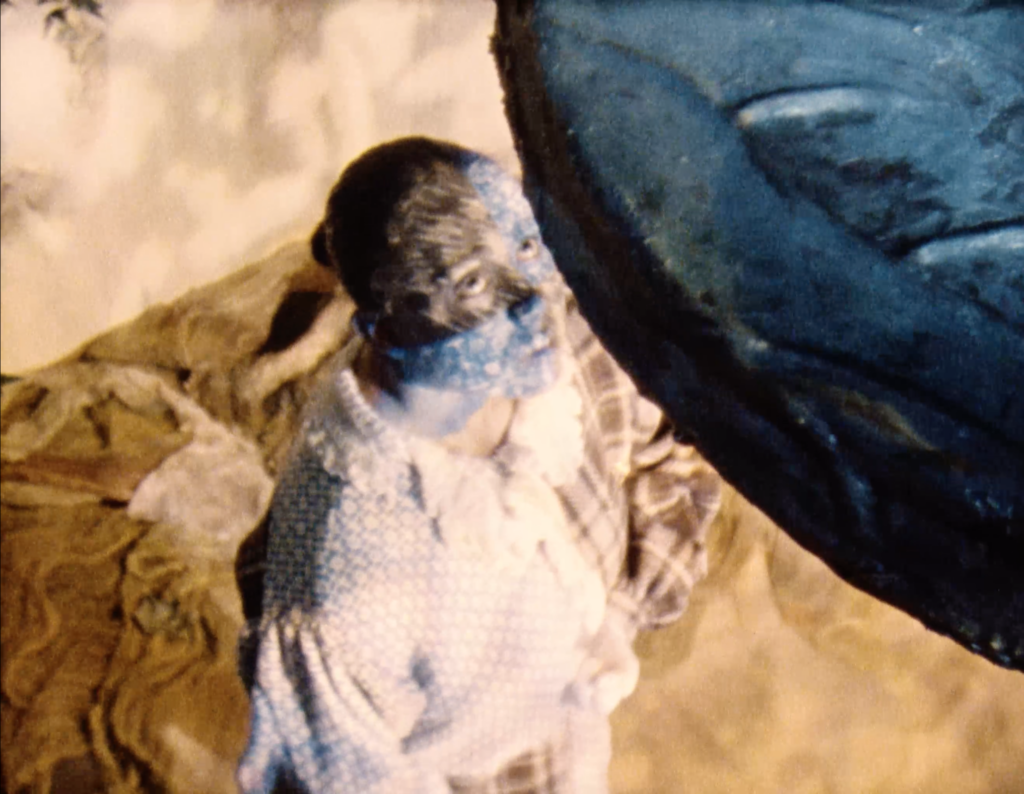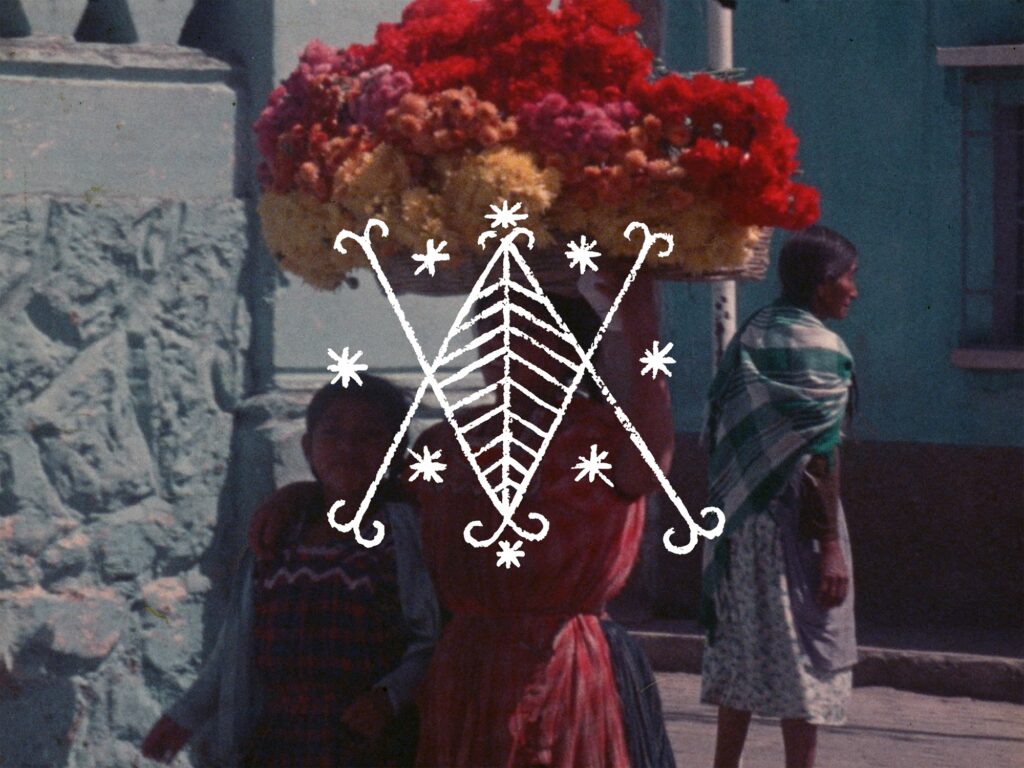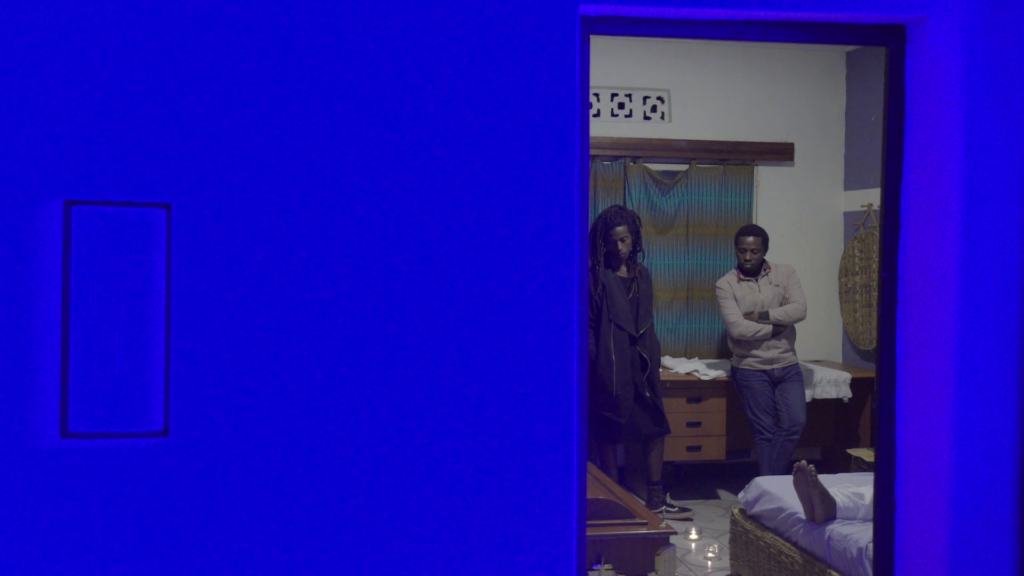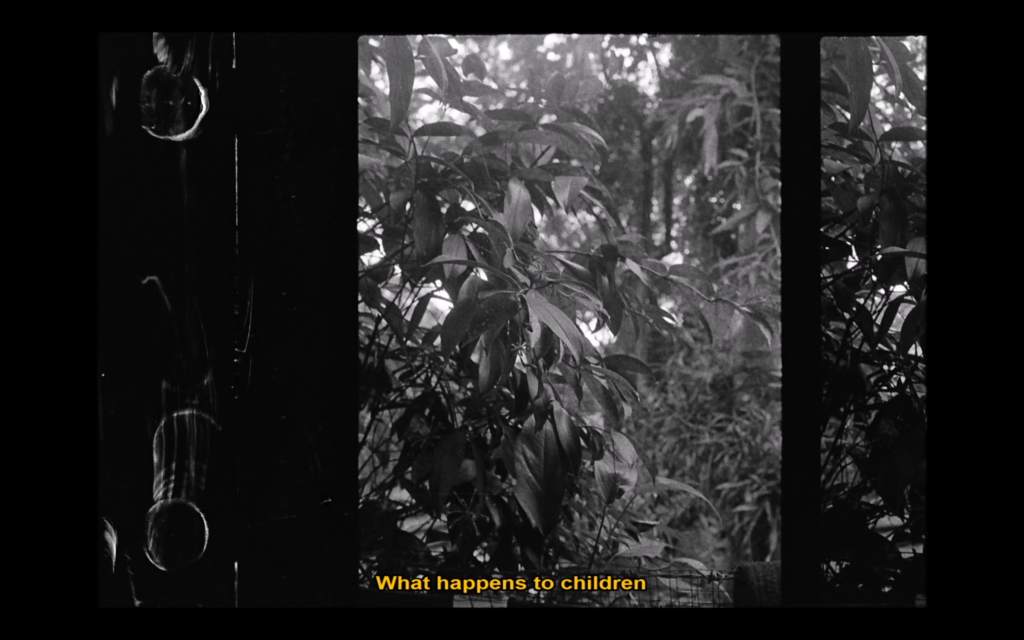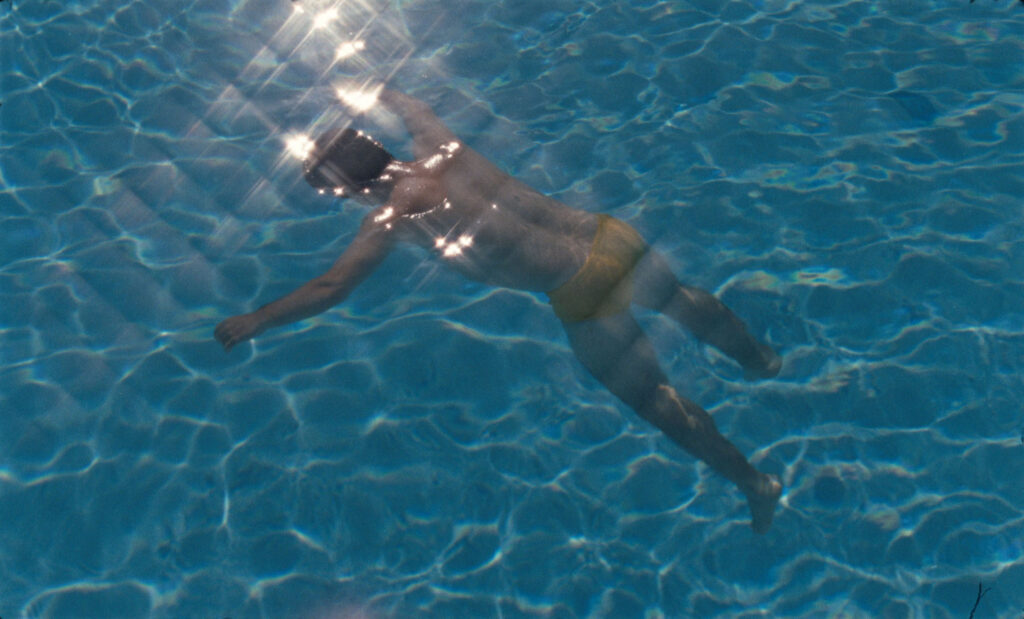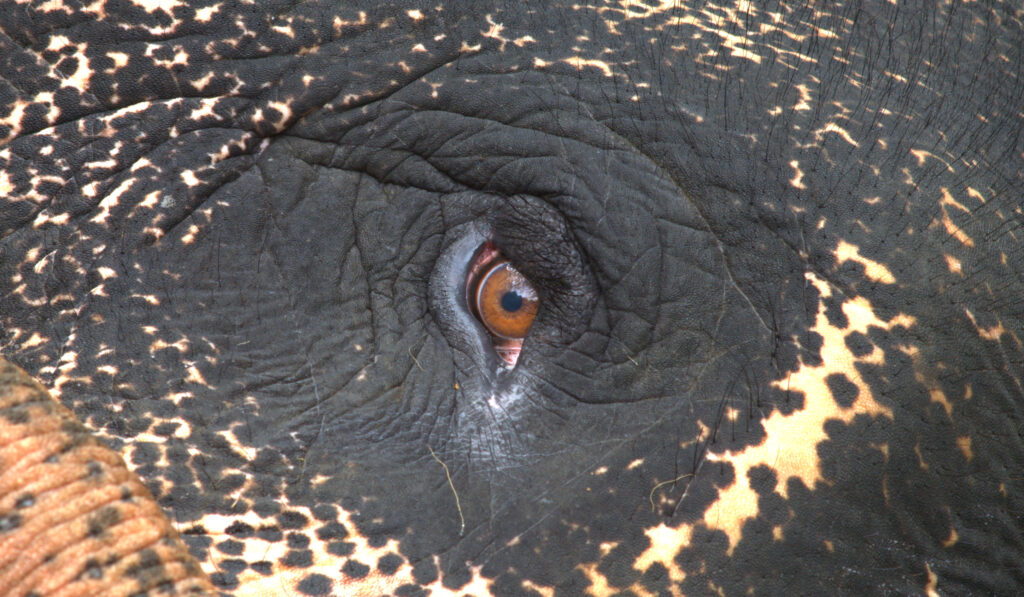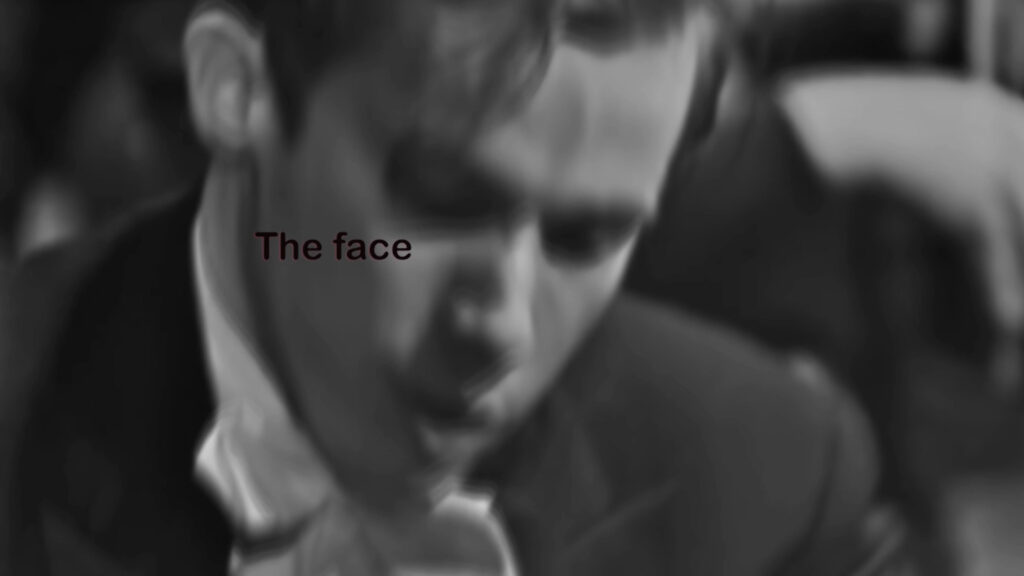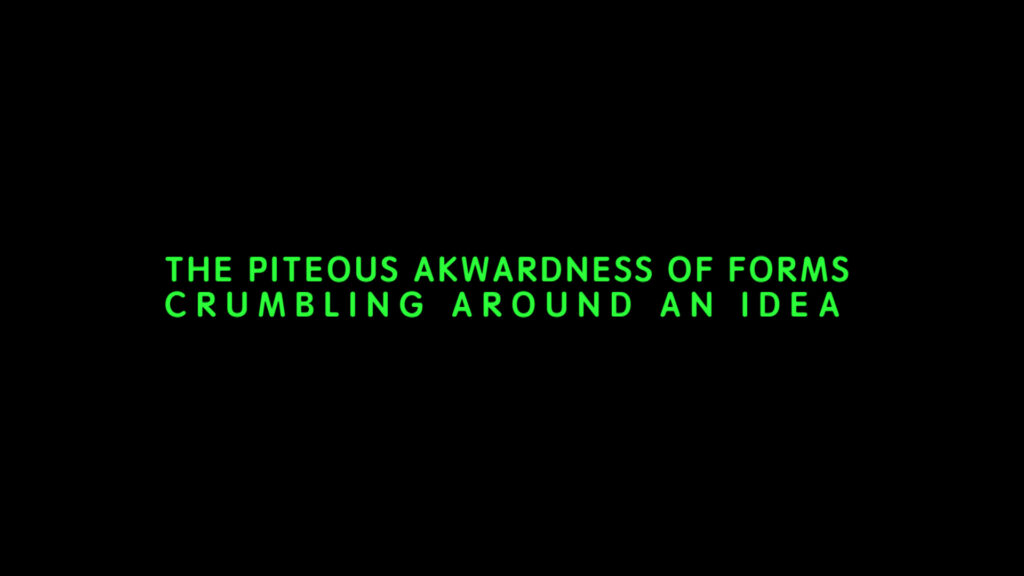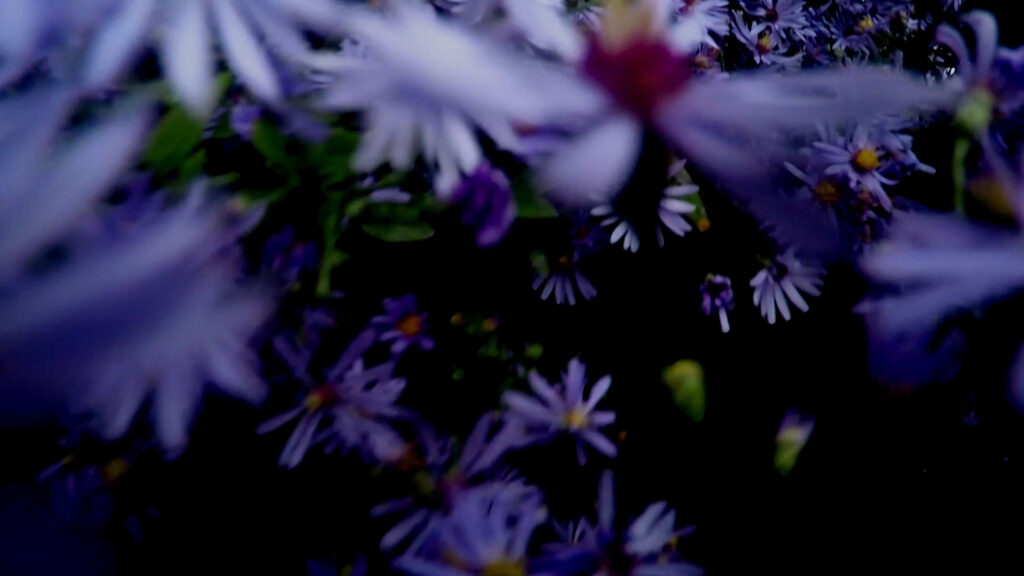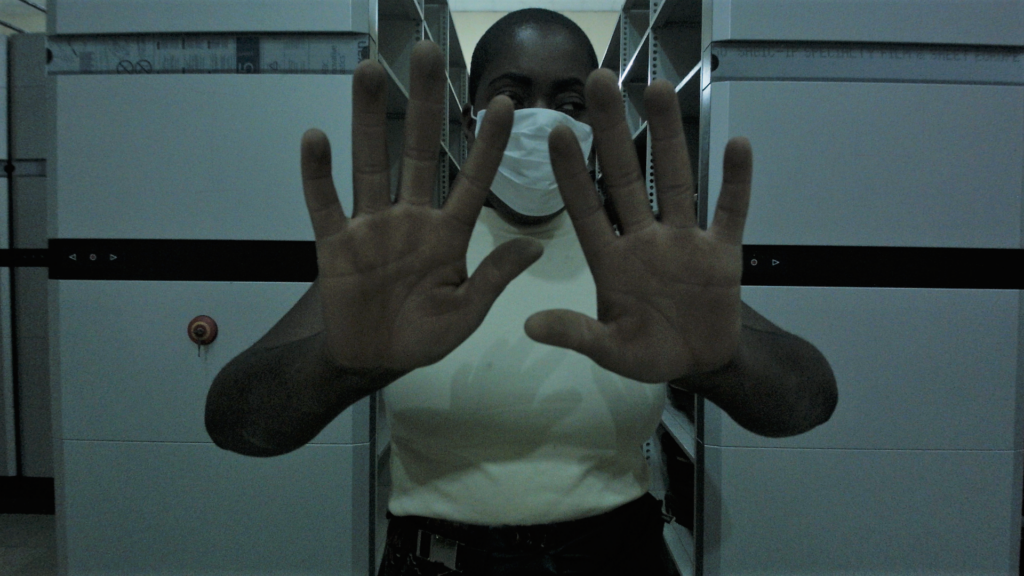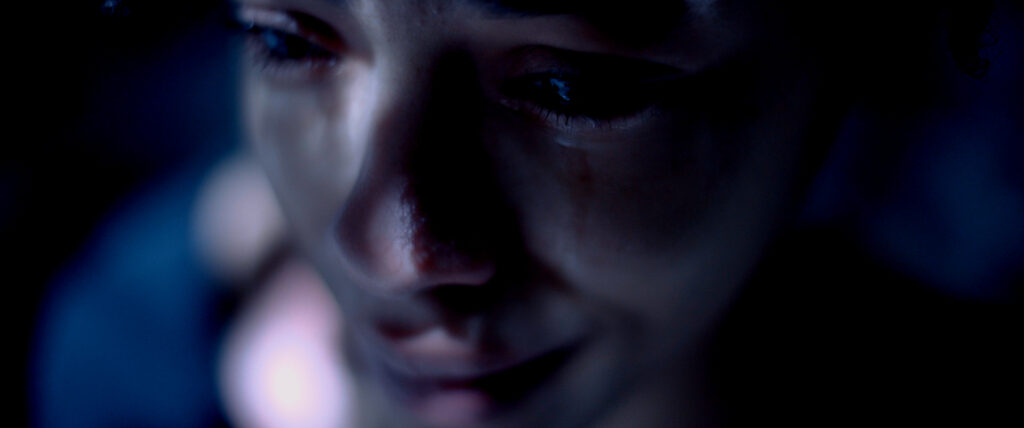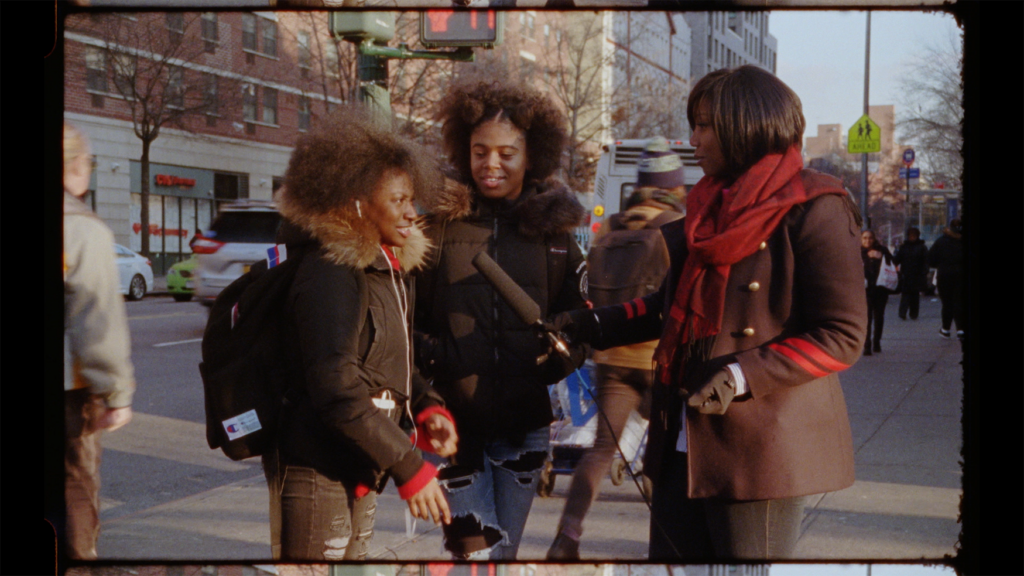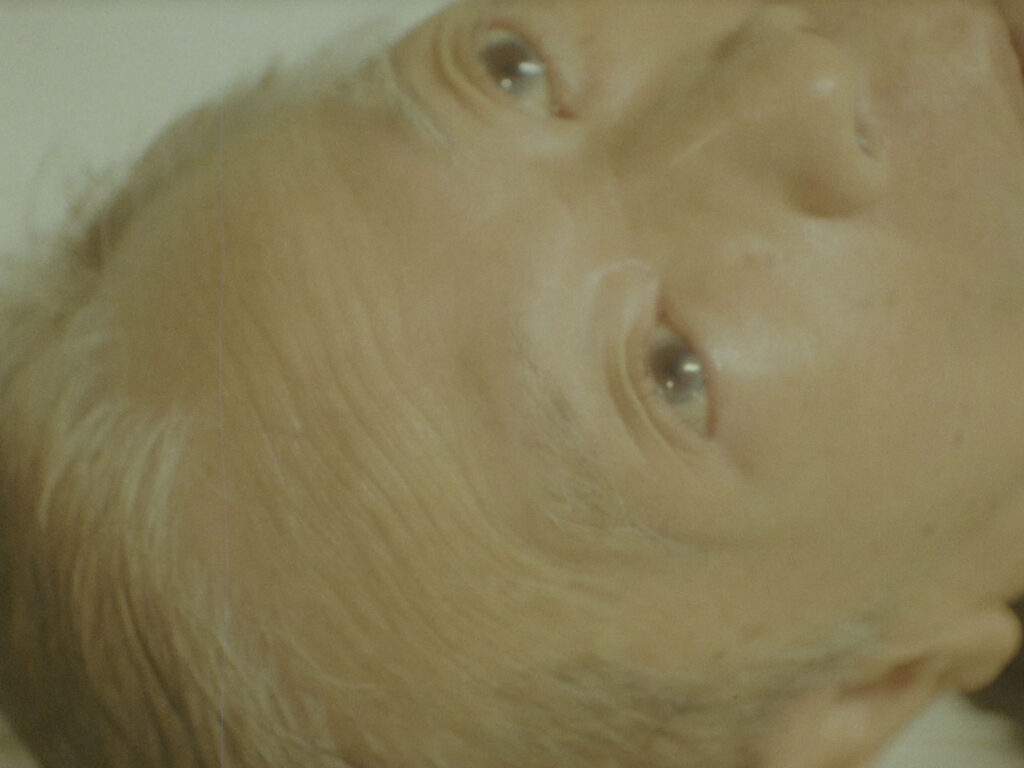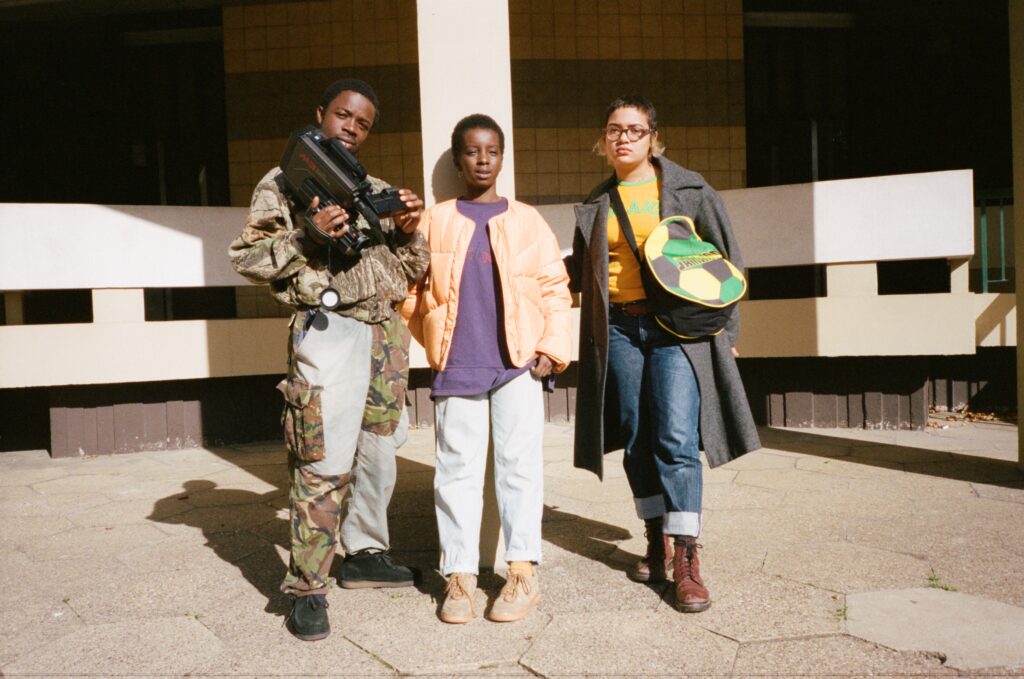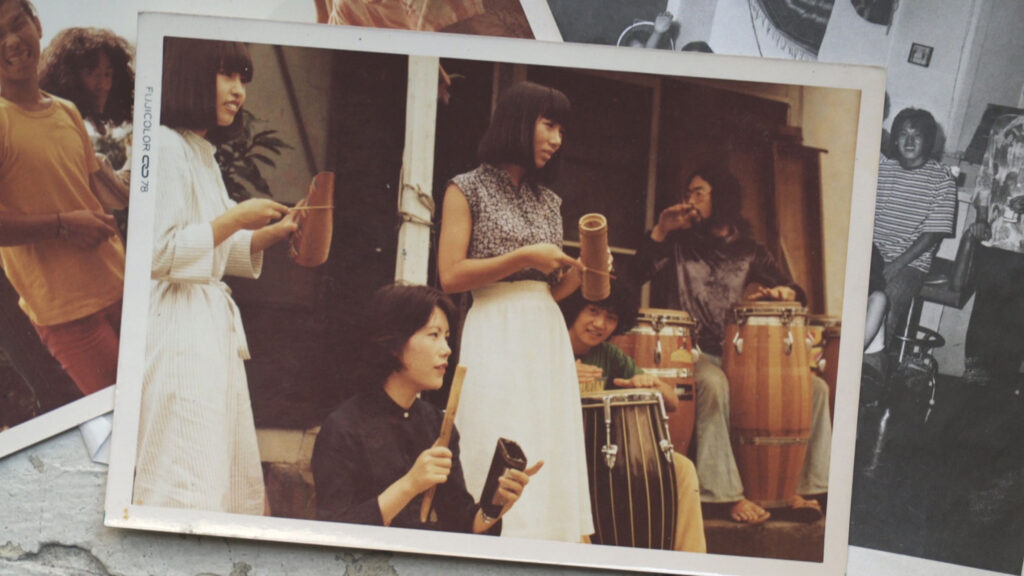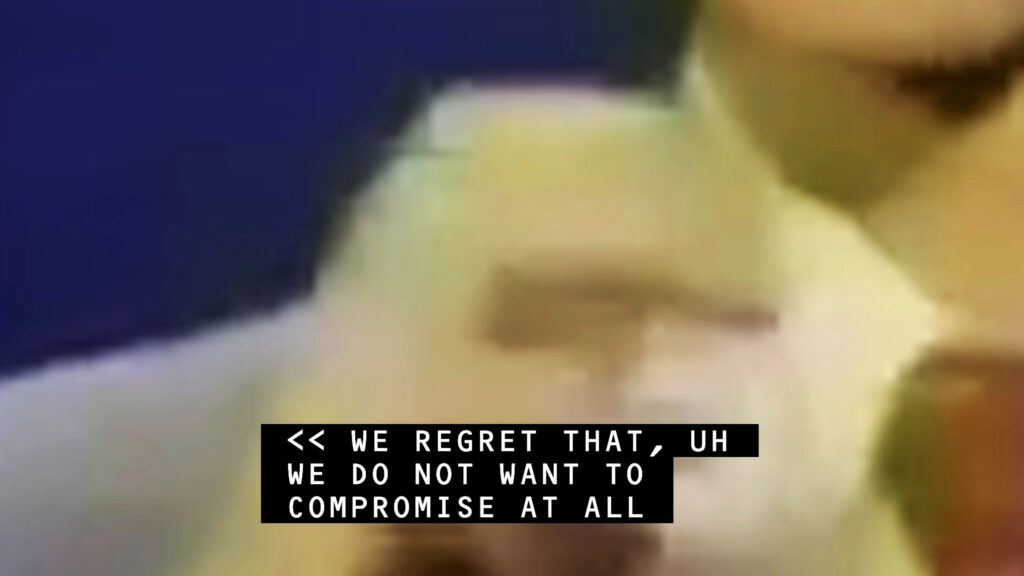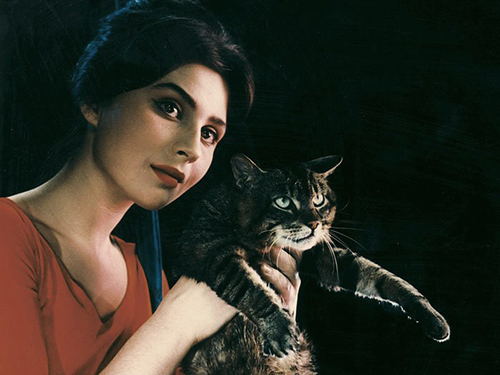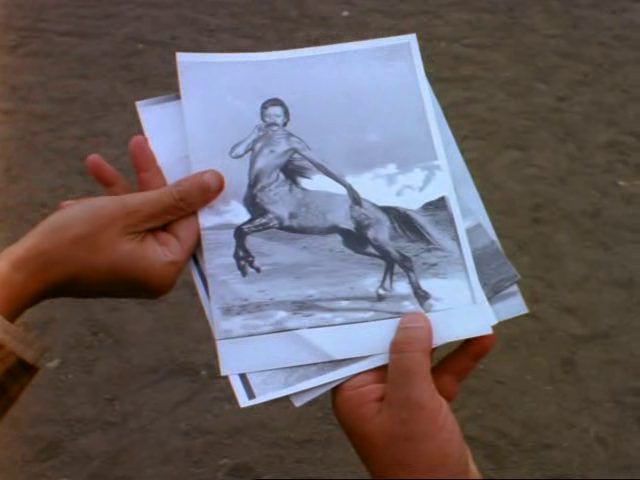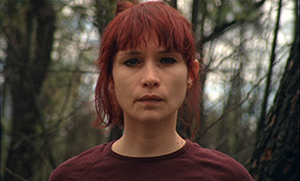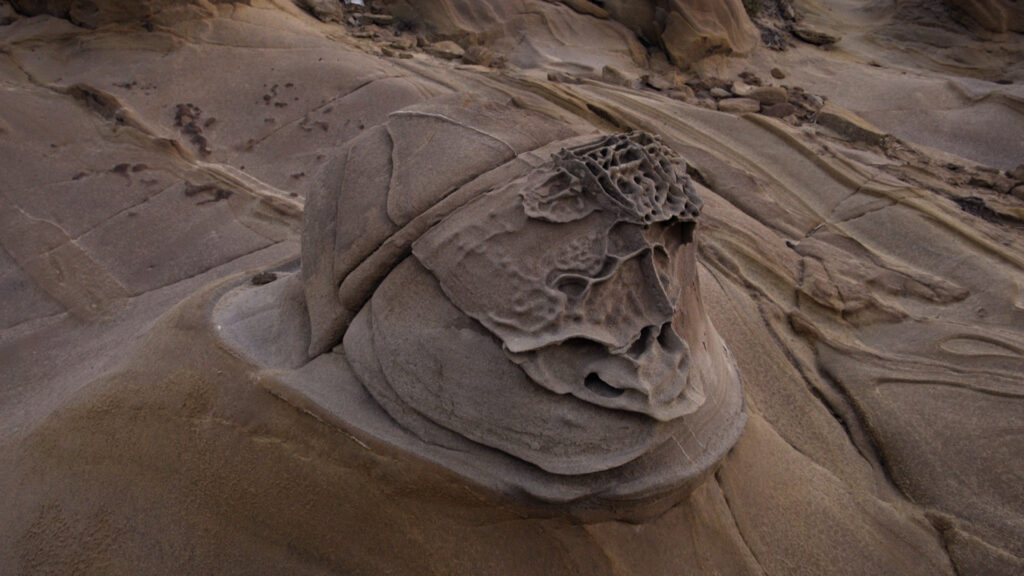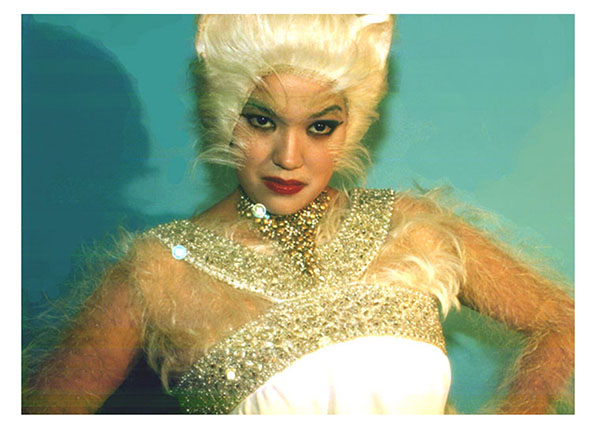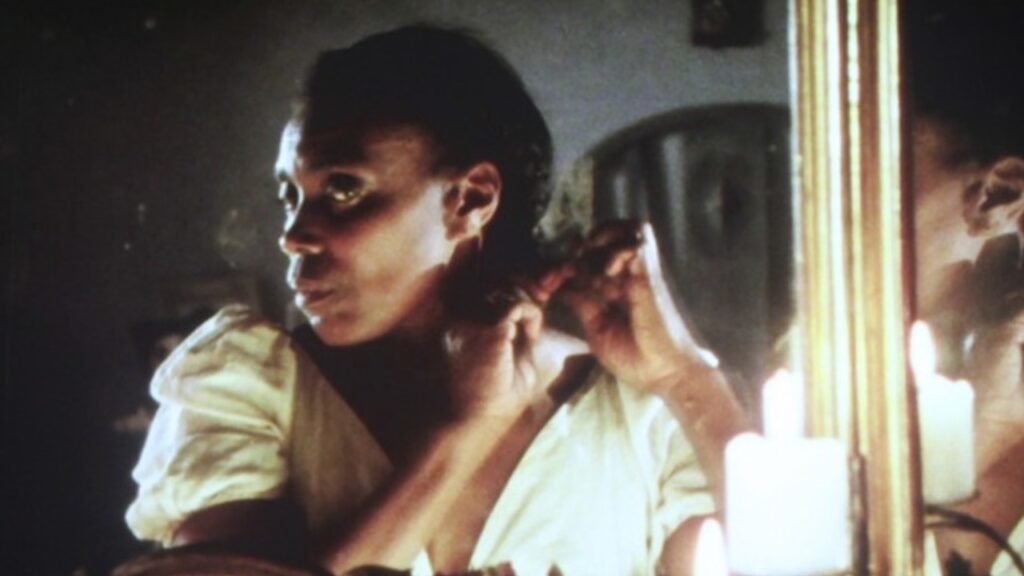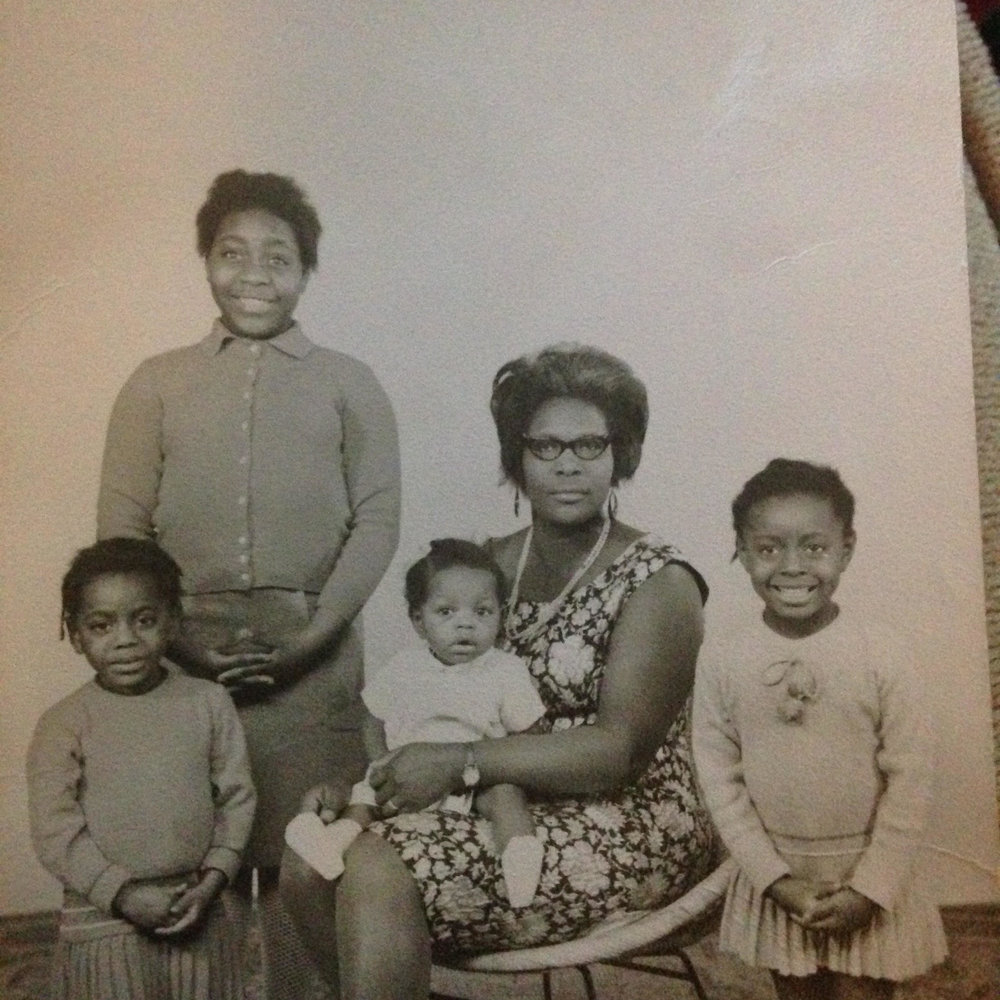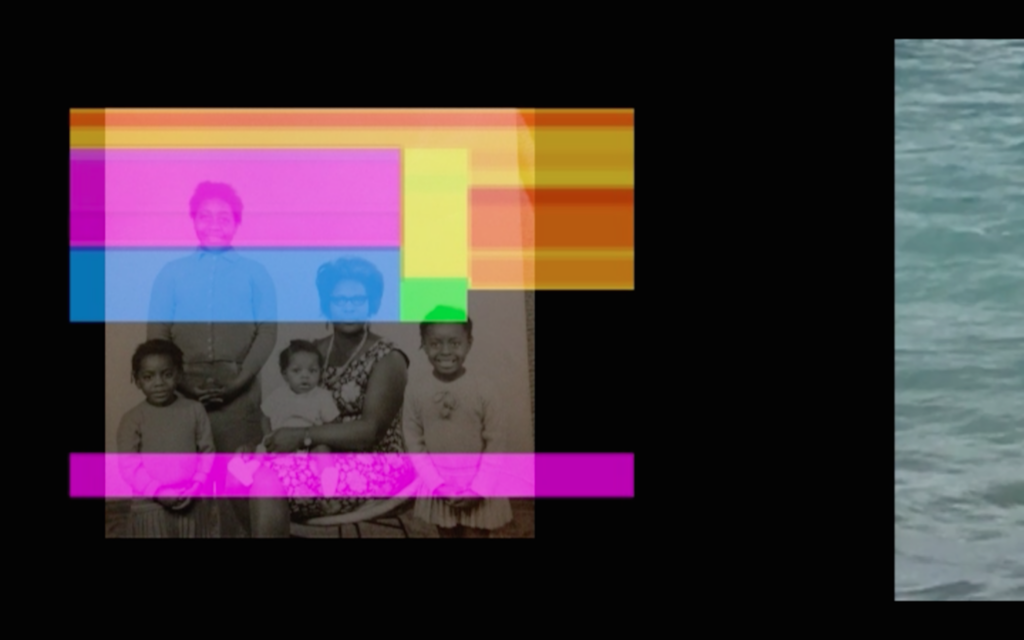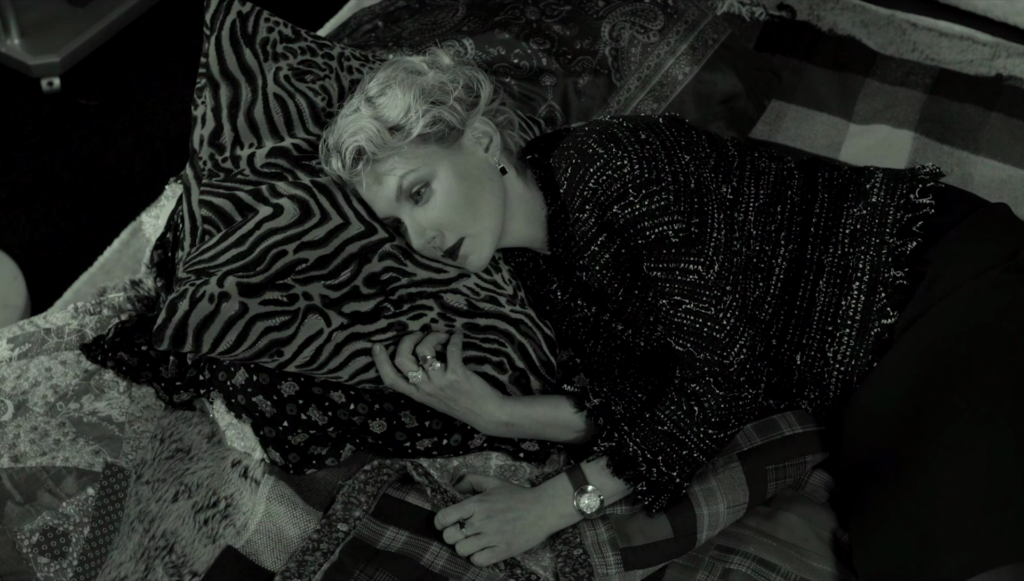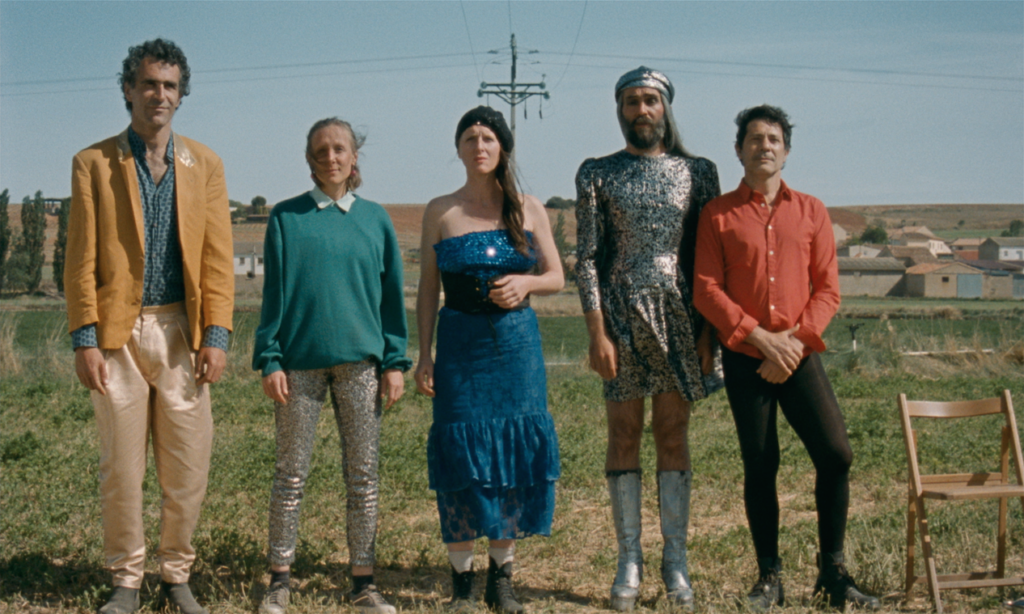Run Time
Secondary Schools are invited to bring students to watch a dedicated screening of short films from our Fantastika series, introduced by BFMAF Associate Programmer Herb Shellenberger.
Run Time
In Beyond the Field artist Matt Stokes uses folk instruments to create the sounds produced by fauna present in the landscape of Berwick-upon-Tweed in the mid 1700s. This was during the Agricultural Revolution when the flower-rich meadowlands described by writers surveying the Tweed Valley were being drained and replaced with crops. The shift in farming practices altered local biodiversity, effecting the plants, insects, birds and mammals present in the area.
Commissioned and presented by Museums Northumberland at Berwick Museum & Art Gallery
Ben Rivers’ magnificent film of a sloth doesn’t encourage lazy viewing. Rather, it’s an active, engaging and engrossing experience. Time becomes suspended as each breath, every movement becomes a theatrical drama unfolding before our eyes. Perhaps implicitly poking fun at the term ‘slow cinema’, Rivers instead gives us an exquisite example of ‘sloth cinema’.
O’ Pierrot treads the stock, pantomime narra- tive of Pierrot the Clown, told this time from a lesbian, mixed-race, British perspective. The quest for British identity, so often played out in too-real grey-scale is here translated in glowing colour via 8mm stock.
Commissioned by The New Flesh as part of the 2019 residency programme, using public funding from Arts Council England
Aura Satz’s Preemptive Listening project focuses on sonic obedience and disobedience through the trope of the siren. The Fork in the Road comprises trumpet improvisor Mazen Kerbaj’s composition of a new siren sound using circular breathing, and actor/activist Khalid Abdalla speaking on the siren as the emblematic sound of resistance, oppression and lost futures during the Arab Spring. Shot on 16mm, the film is literally driven by its soundtrack, as the voice becomes a beacon, activating emergency rotating lights.
Aura Satz presents the UK premiere of her film Preemptive Listening (Part 1: The Fork in the Road) and discusses her wider research on sonic obedience and disobedience through the trope of the siren. Her project proposes a speculative re-imagining of emergency signals—it posits the siren’s loud glissando wail as a conditioned and learned signal, one that can potentially be productively rewired.
Run Time
Films by Deborah Stratman, Patrick Staff, Philbert Aimé Mbabazi Sharangabo, Lesley-Anne Cao, Chema García Ibarra & Ion de Sosa
‘Lazy Girl’ is an emblem of refusal. Like Hammer and Deren she moves to her own rhythm, turning resistance into art. So did Eric, a singular figure whose “proto-practice” was poetry—but he ran out of time. Marx said all politics reduces itself to the politics of time; too bad this leisurely splash in Montánchez is hardly a refusal of capitalism’s tempo but let’s kill time before it kills us.
Run Time
After a devastating earthquake, Nga, an old elephant and probably the last of its species, and Sanra his mahout are about to embark on a journey to find the mythical elephant’s graveyard. A group of poachers follow them closely, while a journey of discovery and mourning starts. The viewer becomes the protagonist on a sonic trip into the cemetery and beyond.
Q&A with filmmaker Carlos Casas
UK premiere of Cemetery presented jointly by BFMAF and Tate Modern
Films by Steve Reinke, Onyeka Igwe, Rajee Samarasinghe and Ja’Tovia Gary
From Harlem to Giverny, patrilineal tales to Artaud, nature will give way to febrile artifice. What dizzying force is this—throwing us between opposites: deafening silence vs. slide-projector clicks; glitch-y celluloid vs. HD; projected futures pressed up against the archive? But there’s calm around the corner—a reprieve from the chaos of subjection. “Can I live?”, one voice enquires, rhetorically. Consider how the subtext to our fervid biopolitical project.
Q&A with filmmakers Steve Reinke and Onyeka Igwe
Run Time
Films by Miko Revereza, Ayo Akingbade, Daisuke Kosugi and Jenny Brady
Ricocheting from point to point, this might lead to discovering new people, ideas and forms of communication, breeching familiar spaces, close and far. Or is it perhaps the eternal return, reconnecting us with family, compatriots or community?
Q&A with filmmakers Miko Revereza, Ayo Akingbade, Daisuke Kosugi and Jenny Brady
Run Time
From research to writing, through performance and film, this seminar led by BFMAF 2019 Artist in Profile Marwa Arsanios follows the different stages of building a work—from the act of reading and writing to performing a text out loud to an audience and in front of the camera.
Run Time
When the Cat Comes is one of the more quietly subversive films of the Czechoslovak New Wave, and its visual flair, storybook fantasy and absurd humour make it fun for viewers of all ages. The film won the Cannes Special Jury Prize in 1963 thanks to the winning combination of director Vojtěch Jasný, writer Jirí Brdecka—known for his collaborations with animator Jirí Trnka—and lead actor Jan Werich, writing his own dialogue in the dual role of Comrade Oliva and the Magician.
Love affairs, horse races and male duels unfold at an isolated hippodrome by the sea inhabited by excessive, eccentric characters who strut and pose, fanatically declaim and obsess about their own ‘enthusiasms’. The film’s extravagant monologues were written and performed by the charismatic Renata Litvinova, whose screen presence channels equal parts Marilyn Monroe, Jean Harlow and the loquacious self-possession of a Warholian superstar. Litvinova, a professional screenwriter was discovered by Muratova, immediately becoming a member of her on-screen ‘family’, as well as a cult diva of the new Russian cinema.
Films by Leonor Noivo and Elise Florenty & Marcel Türkowsky
No human is an island. Two short films of grand vision—and great difference—follow their lone protagonists as they negotiate between inner and outer worlds. From the barren but hauntingly militaristic island of Lemnos to a verdant Portuguese forest, both humans rearrange fugitive blocks of cunning and experience to find their point of view.
Q&A with filmmakers Leonor Noivo, Elise Florenty and Marcel Türkowsky
Run Time
Fairytales and fables form the fulcrum of these short films. Zlatko Bourek’s psychedelic-era animation The Cat is a day-glo adaptation of Aesop’s ‘Venus and the Cat’, in which a man falls in love with a cat-turned-woman.
Run Time
This screening and conversation, programmed by Rabz Lansiquot, pairs dancer Zinzi Minott’s durational film works Fi Dem (2018) and Fi Dem II (2019) with Judah Attille’s Sankofa Film & Video Collective-produced Dreaming Rivers (1988) to consider lineages of Black British experimental film.
Q&A with Zinzi Minott
This programme is supported by the Independent Cinema Office as part of a forthcoming project with LUX celebrating films made in and around the Black British film workshops of the 1980s
Run Time
A woman is paid a surprise visit by her long-forgotten classmate, who needs her advice: should he choose a wife or a lover? An outrageously burlesque mise-en-scène is repeated many times over, each in a different setting and performed by new actors. While the viewer doesn’t immediately recognise this, the scenes are screen tests with various actors. Towards the finale, Muratova employs a trick: the black-and-white images are disrupted and the film continues in colour. In the screening room, the producer and a potential investor, a sugar magnate, discuss the material of the uncompleted film. The director has died and there is no money to finish the movie. Muratova asked the big stars of Russian cinema and stage (including Renata Litvinova, Oleg Tabakov and Alla Demidova) as well as the amateur actors from her previous films to collaborate on Eternal Homecoming, exploring the possibilities of aesthetic transformations between past and present.
The Little Girl Who Sold the Sun follows Sili, a girl traversing Dakar’s many obstacles with her crutches. After starting to work as a newspaper vendor, she quickly runs afoul of territorial boys who see her as a competitor. Djibril Diop Mambéty’s final film is handled with gentle lightness and grace, providing incontrovertible evidence of his place not only as a master of African cinema, but as a pivotal figure in the history of cinema. — Herb Shellenberger
The Great Indomitable Circus prepares the premiere of their new performance ‘Rights of Man’. Setting up tent in a sleepy northern Spanish town, they devise changes in the style of their show. But their days become mired in meandering vaudevillian arguments, analysing the grandeur of the landscape, the simplicity of the native architecture or the quality of each other’s performances. After much back-and-forth, they end up sticking to their original script.
Introduction by filmmaker Juan Rodrigañez
The film will be preceded by the 2019 Berwick New Cinema Competition award presentation



